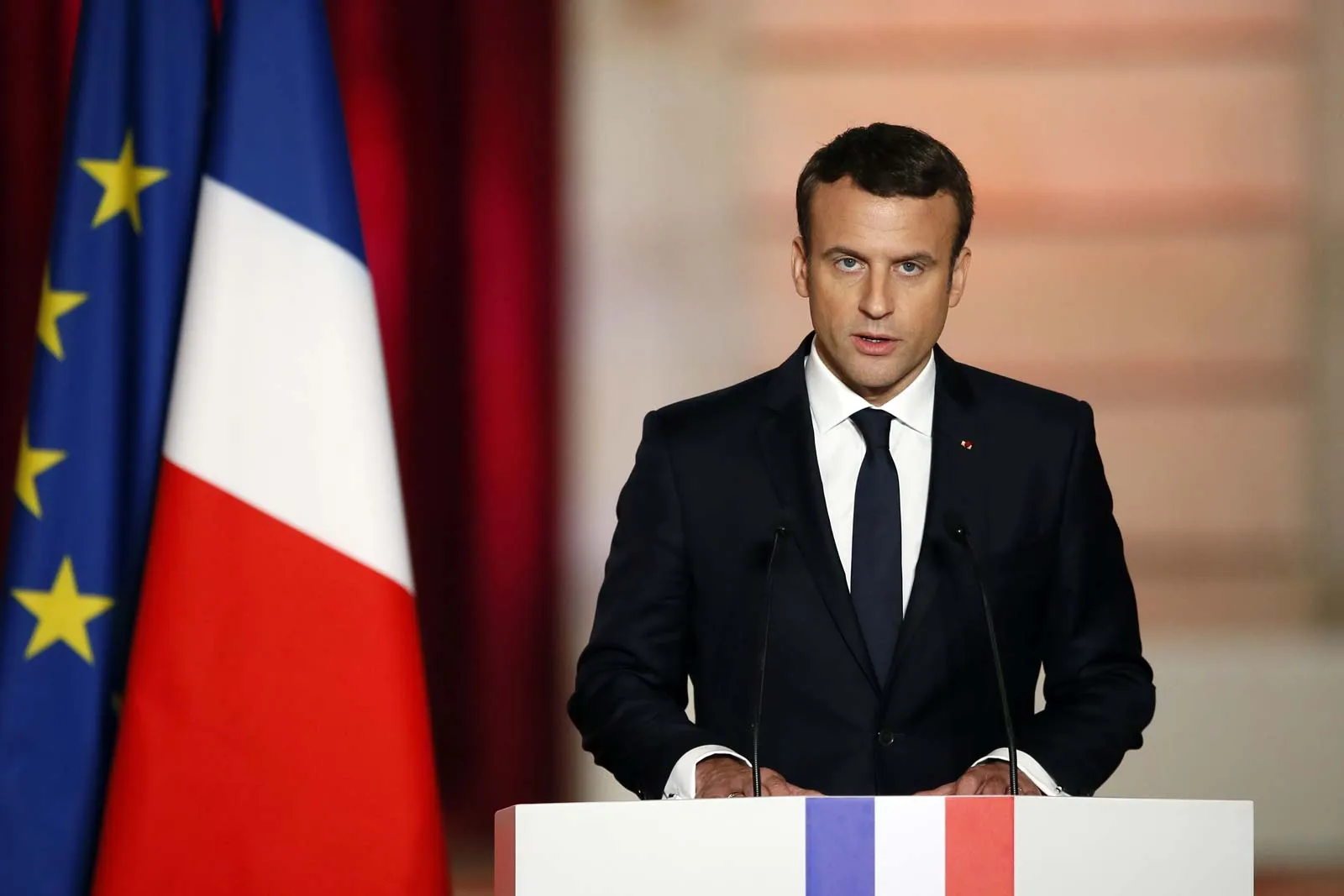A significant step forward was taken in the fight against Islamophobia on a global scale. The United Nations General Assembly recently passed a resolution, spearheaded by Pakistan, that garnered widespread support from member states. This resolution represents a collective effort to address the growing concerns surrounding discrimination and violence faced by Muslims around the world.
The resolution carries a strong message. It explicitly calls for action to end the violence targeting Muslims fueled by Islamophobia. Recognizing this phenomenon as a threat to international peace and security, the resolution emphasizes the need for concerted efforts to counter it. The ultimate goal is to foster a world of mutual respect and harmony by addressing the root causes and various manifestations of Islamophobia.
The resolution’s overwhelming support, with 113 member states voting in favor and none against, signifies a strong international consensus on the importance of combating Islamophobia. However, the abstention of 44 countries, including India, raises questions about their commitment to tackling this issue and promoting religious tolerance on the global stage.
This development coincided with the International Day to Combat Islamophobia. In his address to the General Assembly, UN Secretary-General António Guterres further emphasized the urgency of addressing Islamophobia. He condemned sectarian rhetoric that demonizes entire communities, urging global unity to fight intolerance and bigotry.
Guterres highlighted the detrimental role of social media platforms in fueling hate speech, calling for an end to religious-based online harassment. He stressed the need for collective action, citing a recent terrorist attack in New Zealand as a stark reminder of the consequences of anti-Muslim bigotry. The resolution and the UN Secretary-General’s address mark a crucial step towards a more inclusive and peaceful world where all religions are respected and protected.
Please, subscribe to the YouTube channel of republicpolicy.com
















